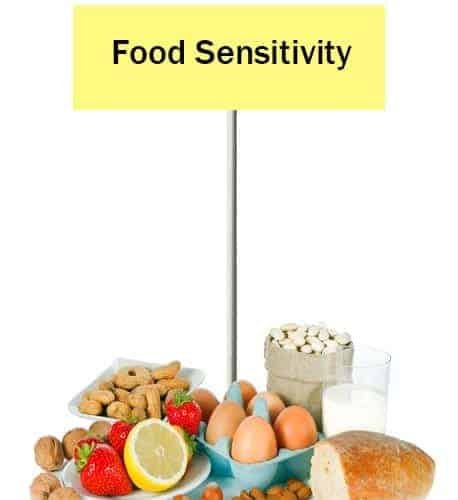Navigating Food Sensitivities: Identifying Triggers and Creating a Personalized Diet

Food intolerances and sensitivities are becoming more common in the modern society. Food sensitivities can show up more subtly than food allergies, which require an acute immunological reaction, including stomach problems, headaches, exhaustion, and skin problems. Though it might be difficult to manage these sensitivities, triggers can be found and a customized diet that supports best health and wellbeing can be created.
Recognizing Food Sensitivities
When the body struggles to break down particular foods or parts of foods, food sensitivities result. Frequently found offenders include gluten, dairy, soy, eggs, nuts, and artificial ingredients. Food sensitivity frequently results from problems such gut inflammation, changed gut flora, or enzyme shortages, as opposed to allergies, which affect the immune system.
Finding Triggers
Identifying trigger foods is the first step in controlling food sensitivities. A thorough food journal can reveal trends between your symptoms and diet. Jot down your meals, your post-meal feelings, and any new symptoms. Elimination diets can also assist identify particular culprits by having you temporarily cut out common trigger foods and then progressively add them back in one at a time.
Customizing a Diet
Having determined your trigger foods, it's time to design a diet specifically tailored to your health and wellbeing. To get you going, consider these pointers:
- Emphasize Whole, Unprocessed Foods: Stress foods high in healthy fats, lean meats, fruits, and vegetables. These foods supply vital minerals for general health and are less likely to set up sensitivities.
- Try Different Ingredients: Look into gluten-free grains (quinoa, rice, millet), dairy-free milks (almond, coconut, oat), and plant-based substitutes for meat and cheese if you're sensitive to either. There are now a ton of tasty and nourishing options to fit a range of dietary needs.

- Support Gut Health: Give your digestive system top priority since dietary sensitivities are frequently associated with gut health. For a healthy balance of intestinal bacteria, include foods high in probiotics such as kimchi, sauerkraut, kefir, and yogurt. Further think about adding fermented foods, collagen peptides, and bone broth to your diet as gut-healing nutrients.
- Attend to Your Body:As you see how your body reacts to various meals, modify your diet to suit. If you experience symptoms following a meal, think about cutting back on or removing such foods from your diet. Finding a diet that suits you depends on you learning to trust your body's instincts.
- Seek a registered dietician:Consult a Registered Dietitian or other healthcare professional who specializes in food sensitivities if you're having trouble determining trigger foods or designing a customized diet. They can assist you negotiate the challenges of dietary adjustments and offer tailored advice based on your specific requirements.challenges of dietary adjustments and offer tailored advice based on your specific requirements.
CONCLUSION
It takes time, trial and error, and a readiness to pay attention to your body's signals to navigate food sensitivities. To control symptoms and promote general health and well-being, identify trigger foods, design a customized diet, and give full, nourishing meals top priority. Everybody's path is different, so treat yourself gently and acknowledge your accomplishments along the road. Feeding your body with meals that make you feel your best can bring you freedom and empowerment with commitment and tenacity.
What's Your Reaction?


















